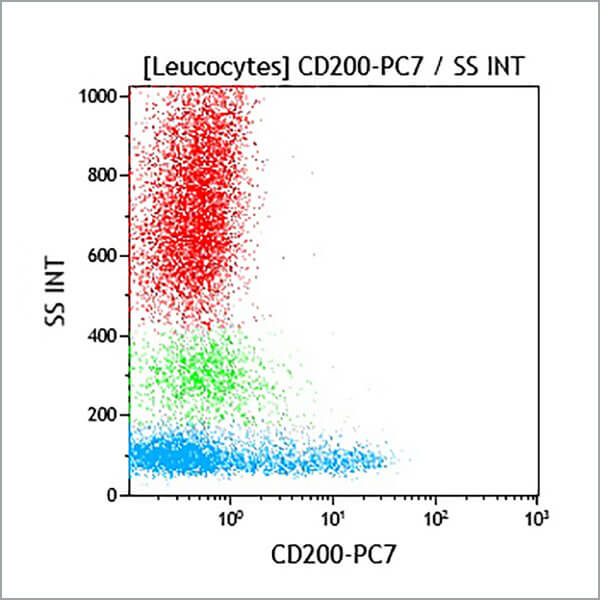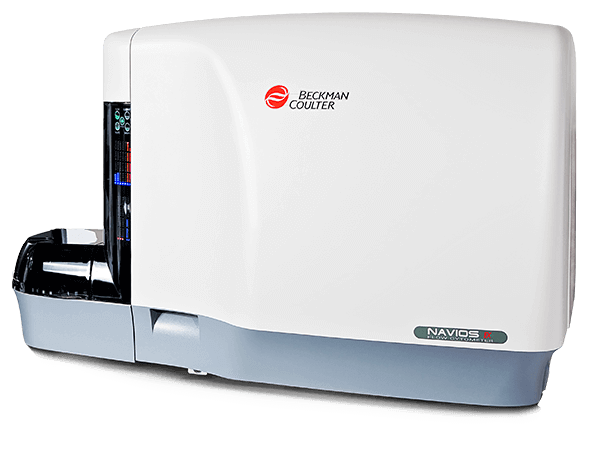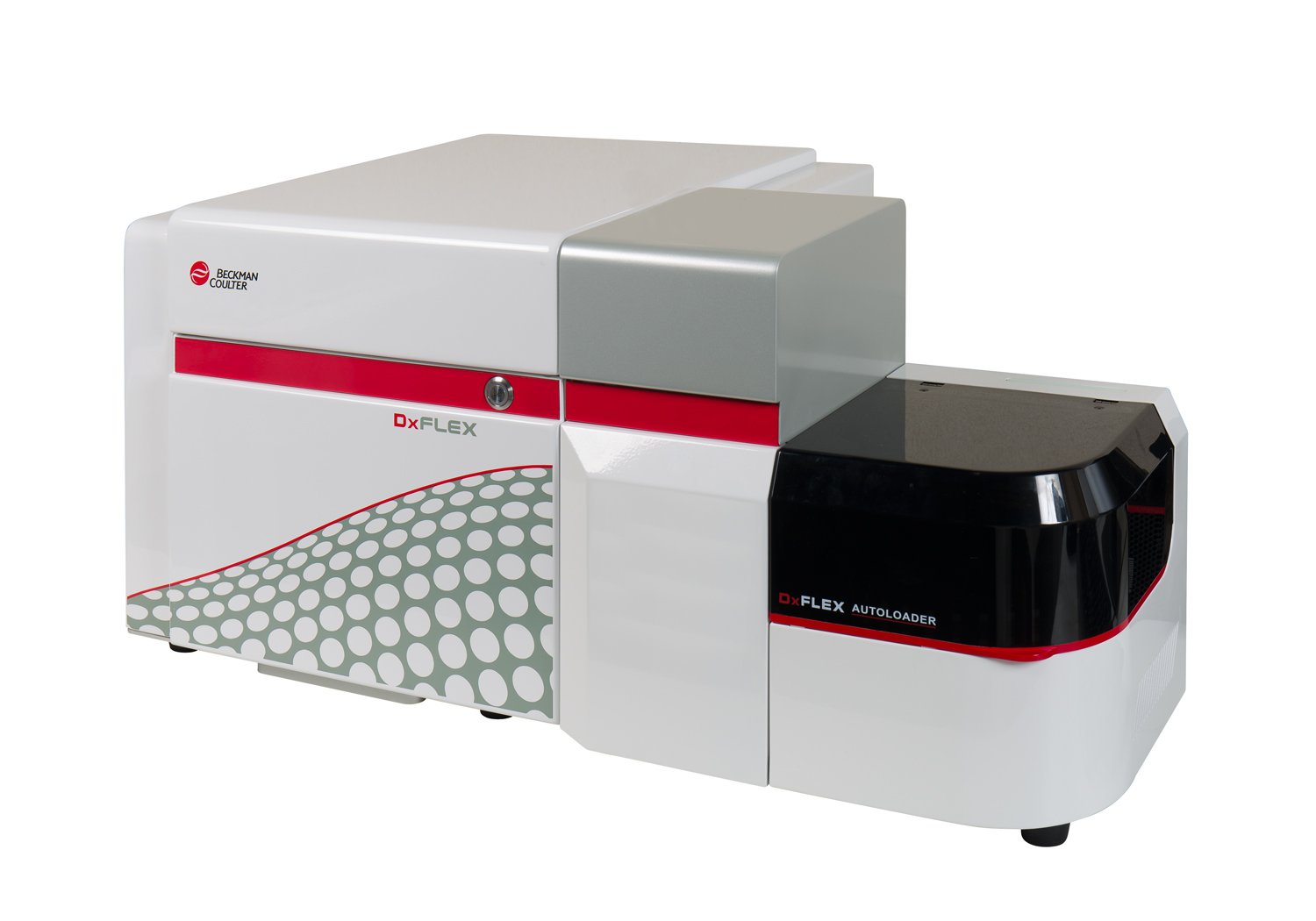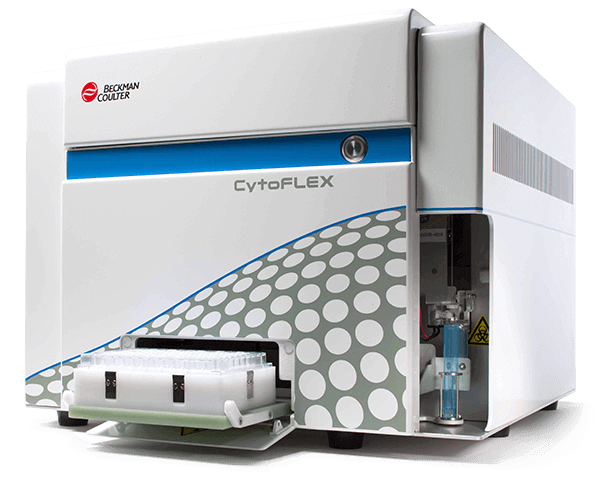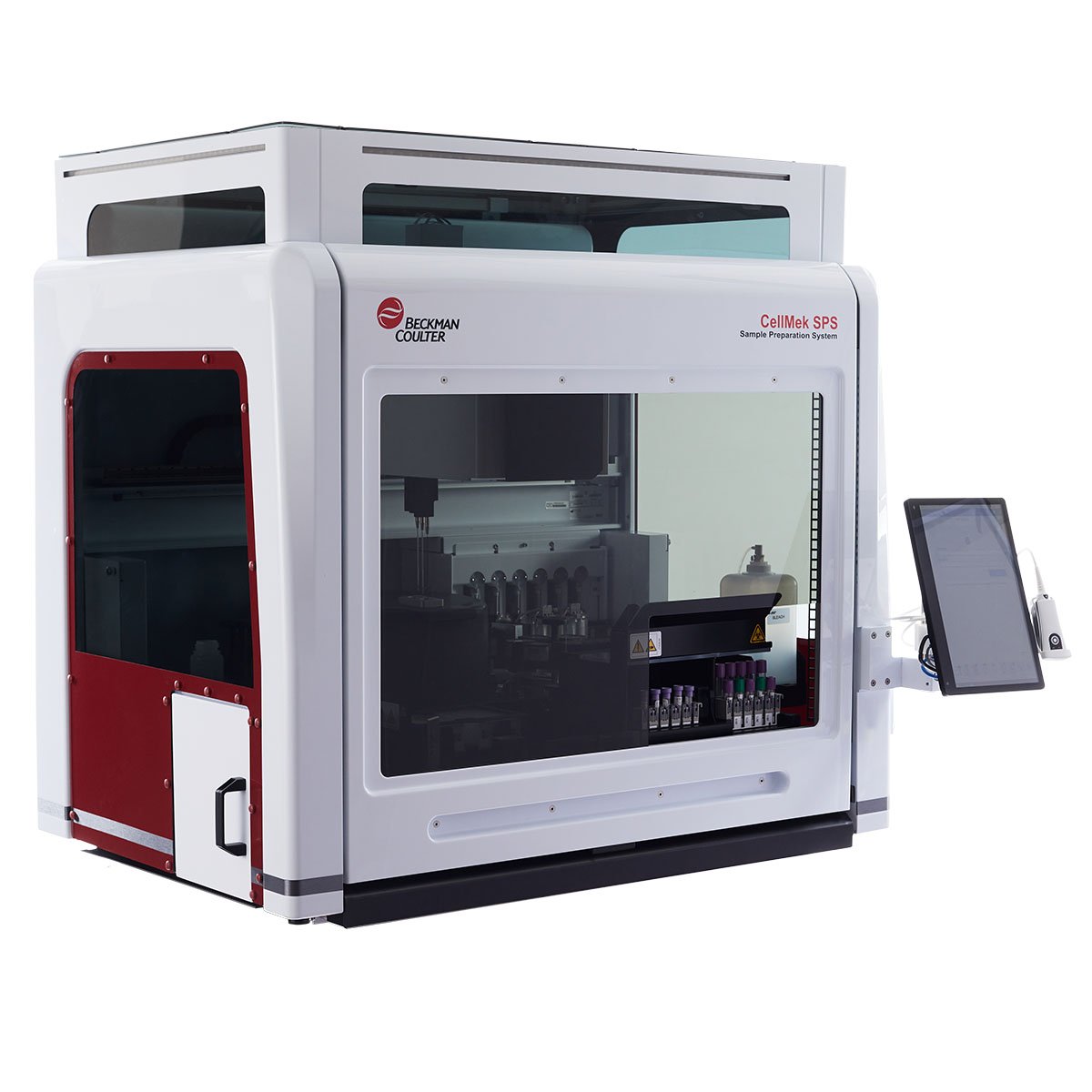CD200 Antibodies
CD200 is a highly conserved membrane glycoprotein that belongs to the Ig superfamily (IgSF) containing a two immunoglobulin-like domain (V, C), a single transmembrane and a short cytoplasmic domain. Diverse cell types express CD200 on surface, including thymocytes, B cells, activated T and B cells, dendritic cells, neurons and endothelia. CD200 and CD200R are highly conserved type I membrane glycoproteins, which present N-terminal immunoglobulin-like domains based interaction. While the distribution of CD200 expression is very broad, CD200R is primarily expressed in myeloid and lymphoid cells. They fulfill multiple functions in regulating inflammation interaction by promoting inhibitory activities of the immune system. The interaction between CD200/CD200R results in activation of the intracellular inhibitory pathway with RasGAP recruitment and thus contributes to effector cell inhibition. It was confirmed that the CD200R activation stimulates the differentiation of T cells to the Treg subset, upregulates indoleamine 2,3‑dioxygenase activity, modulates cytokine environment from a Th1 to a Th2 pattern, and facilitates an antiinflammatory IL-10 and TGF-b synthesis. CD200/CD200R are required for maintaining selftolerance. Many studies have demonstrated the importance of CD200 in controlling autoimmunity, inflammation, inhibitory activities, hypersensitivity.
| Clone: OX-104 | Isotype: IgG1 Mouse |

